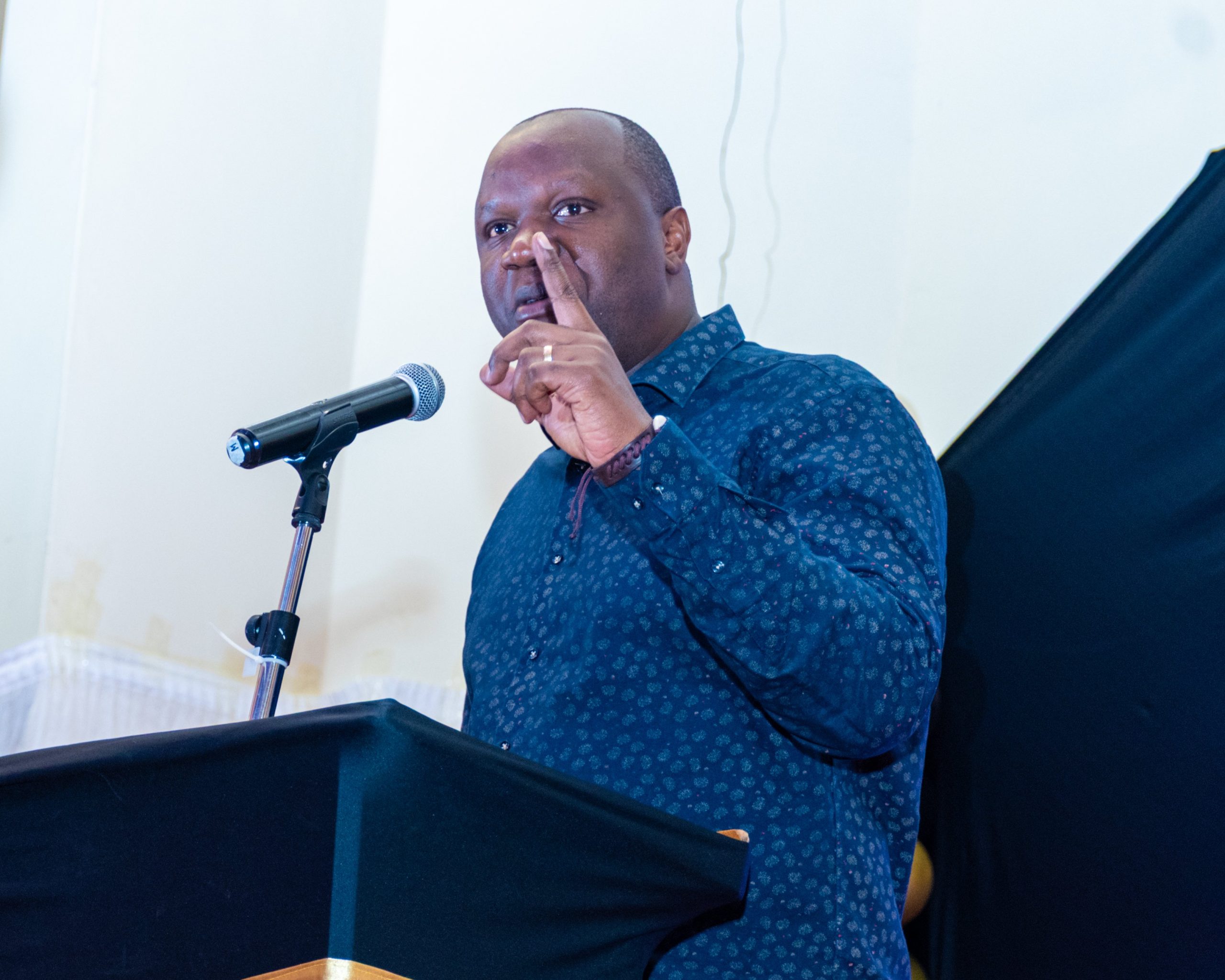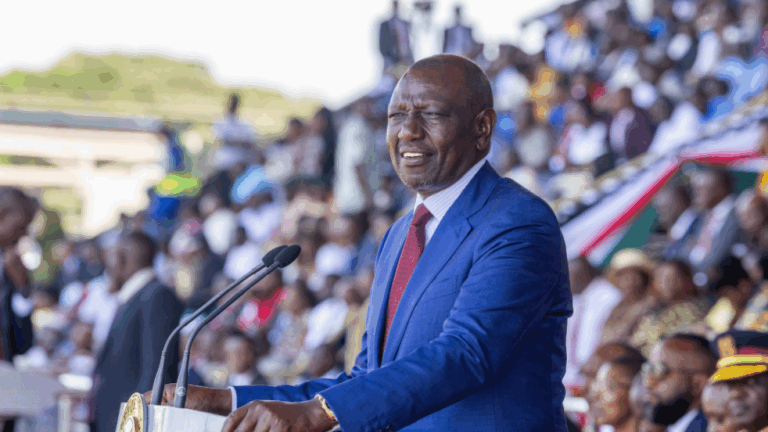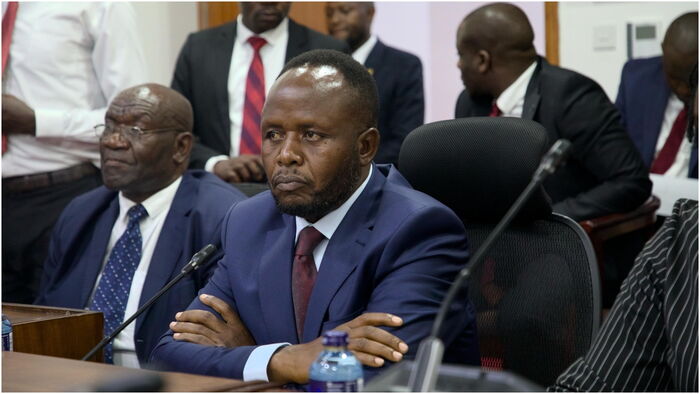
Kenya’s escalating debt conundrum has erupted into a fierce political reckoning, with prominent lawyer and Safina Party deputy leader Willis Otieno demanding that Kenyans only repay loans that have received full parliamentary approval—casting the rest as odious, illegal, and unbinding.
Taking to his social media, Otieno threw down a harsh economic ultimatum. “Kenya today sits on KSh 2.3 trillion in questionable debt—more than half of our budget,” he stated flatly. “These loans never built hospitals, schools, or industries; they enriched the few. They are illegitimate, and illegitimate debts are not binding on the people.”
Drawing on global precedents, he cited Ecuador’s citizen-led repudiation of toxic loans in 2008, Iraq’s cancellation of Saddam-era debt, South Africa’s post-apartheid refusal to honour racially motivated obligations, and Argentina’s default on $100 billion in 2001 as landmark moments of economic liberation.
With public finances under unimaginable strain and debt servicing crowding out critical sectors, Otieno painted a dire picture of the status quo. “Continuing to service such debt is irrational—it steals our future and condemns Kenyans to financial slavery,” he warned.
He proposed three sweeping solutions:
- Reschedule lawful debt to free up fiscal breathing room.
- Default strategically via debt distress exchange, pushing creditors to restructure.
- Declare odious debt void, repaying only what Parliament lawfully sanctioned—and demand accountability from individuals who amassed loans that never reached Kenyans.
“No one ate this money but we are forced to pay,” Otieno concluded. His message is clear: Kenya faces a crossroads between debt dependency and a bold leap toward economic sovereignty.







